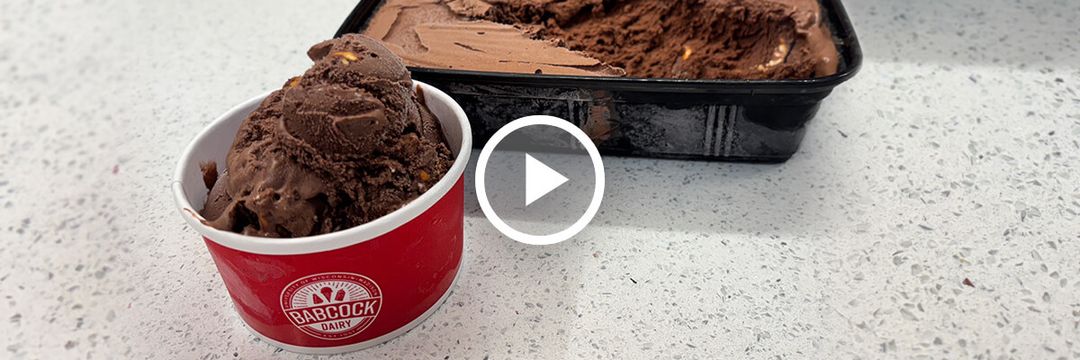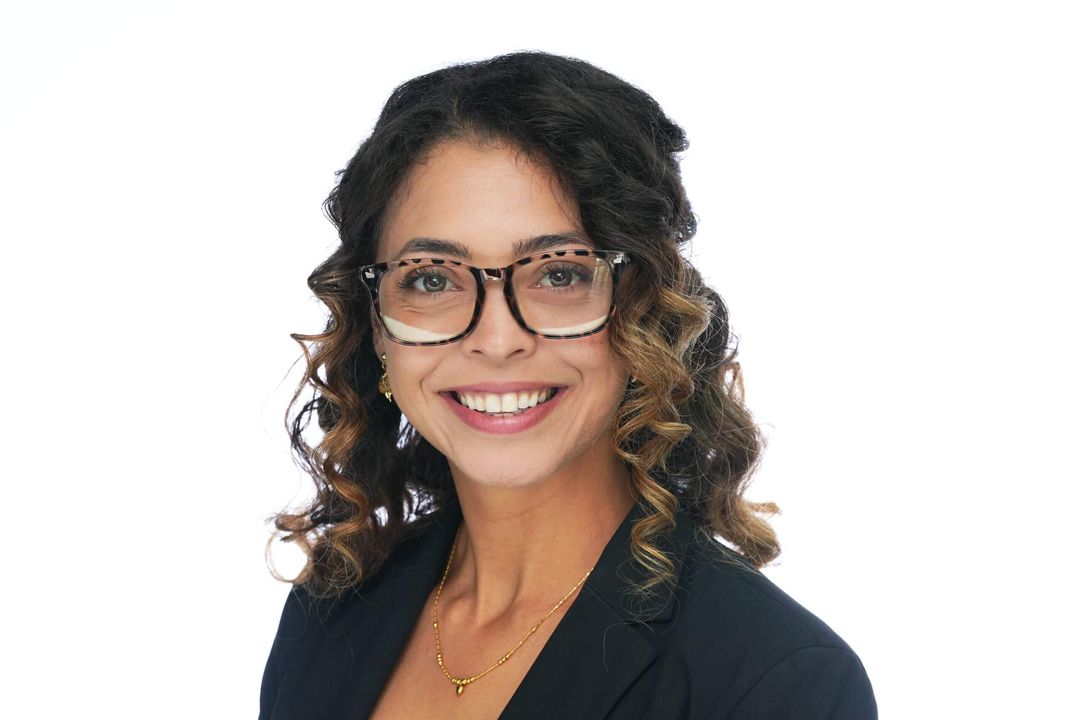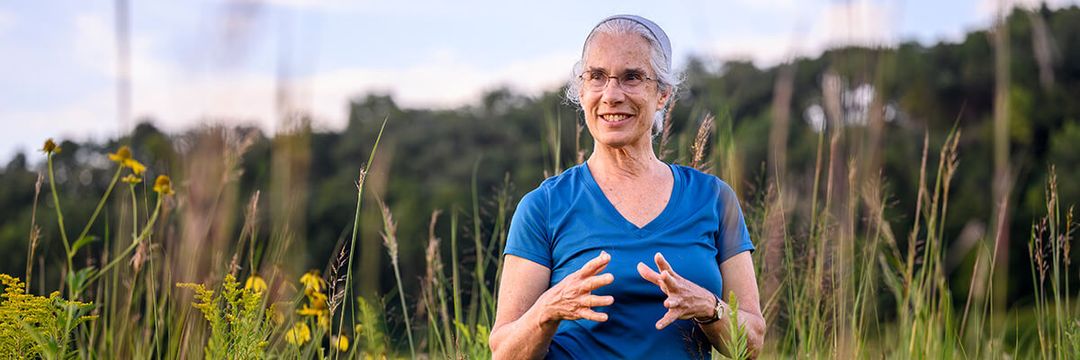Adrienne Hampton is the kind of person who likes people, so she pursued a profession in caring for them. As a family medicine physician and associate professor in the UW School of Medicine and Public Health’s Department of Family Medicine and Community Health, Hampton practices and teaches the comprehensive care of individuals from newborns and preteens to pregnant parents and aging seniors.
“Primary care is a really lovely place to explore my enjoyment and need for human connection and longitudinal relationships,” Hampton says. “I am professionally in people’s business for many, many years and get to see how they grow and actualize and develop.”
Hampton’s practice is comprehensive in both the variety of her patients and in her holistic approach to their health. To complement the allopathic, disease-oriented methods of Western medicine, she completed her department’s Academic Integrative Medicine Fellowship to bring evidence-based therapies and lifestyle guidance to her patients and empower them to take their health into their own hands.
“I just really wanted to round out my ability to partner with people in self-care, in maintaining or restoring more balance, without a lot of pharmaceuticals or medical interventions,” Hampton says. “I’m most interested in the things that people can take ownership of and do themselves.” In light of May’s celebrations of Mother’s Day and Mental Health Awareness Month, Hampton shares insight on the importance of prioritizing self-care and well-being for maternal and parenting individuals.
What unique challenges do mothers, maternal figures, or parental figures face in their physical and mental well-being?
I see a ton of stress, and it’s a lot of different kinds of stress. It’s financial resources, the weight and state of the world, how that impacts kids and their safety, and trying to be three different places at once because there are just so many demands on your time and attention. So I see, particularly, mothers and maternal figures coming in with stress and care and concern for a lot of stuff outside of themselves and beyond the scope of just themselves. That could be said of anyone parenting, and certainly it’s true for mothers.
How does the well-being of a maternal or parental figure influence the well-being of children or of the family unit?
In the study of epigenetics, you see that we inherit our familial stress. Not maladaptive — certainly useful — but maybe life-limiting genes get turned on when we come from lineages of stress. Birth outcomes are affected by things like depression and anxiety and perceived support, and all of that has to do with the health of the mother. Then, when we look at folks’ roles in family systems, it’s impossible to take a maternal figure as separate from a family system and say that no one’s mental or physical health has anything to do with anybody else’s. It’s all entwined, and it’s layered, and it’s complicated. We just see that it matters to take care of the people who parent, and who mother, and who are in caring and teaching and protective roles for vulnerable people in society.
From an integrative health standpoint, how can maternal or parental figures reclaim their well-being and practice evidence-based self-care?
From the vantage point of what someone can do right now if nothing else were to change or where folks have agency, there is never a bad time to take care of yourself, and there’s never a bad time to recognize what it is that you need and to prioritize that. I think we think about selflessness and sacrifice when we think about parenting and mothering folks, and I think that undermines our humanity, and so I think it’s really important to turn toward ourselves and really practice prioritizing what it is that we need. My priority list is certainly informed by what’s going on around me, but I’m the arbiter of that. That’s something we can all decide for ourselves — to prioritize ourselves — and we have to. I think there’s a tendency to think of self-care or putting your needs first as something you do on your mental health day, but then it’s back to the selflessness that is sort of expected of folks. I’m just one of many people on a soapbox saying, “You have to take care of yourself.” Part of it is just accepting and celebrating our responsibility to ourselves.
How can their networks and communities support their well-being?
I am not a mother or parenting person, so when I’m talking about “ourselves,” I’m talking about [all] people, including mothers. … Once we awaken to the joy and the responsibility of taking care of ourselves, then it’s easier to honor that in other people. So that sort of the shaming and blaming we do when we say people aren’t showing up, or how dare they prioritize [themselves] — we just understand better when people are kind to themselves and tell us clearly what they need and how we can support them. [When] we find that in ourselves, it’s so much easier to extend that awareness to other people, and that’s how I think we come up with the structural changes that are going to make a difference for folks, like how much time you get for parental leave, or whether you have to make up your breastfeeding time at work, or whether it’s just accepted that you will take time to feed the next generation of humans and people will just relax about it.








